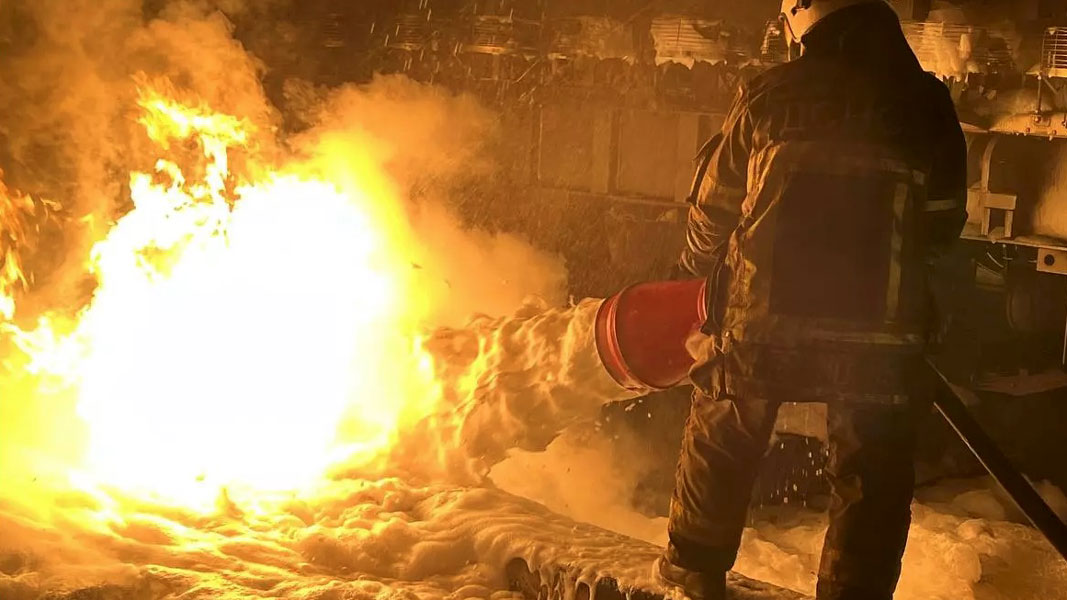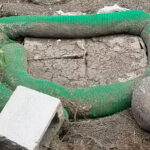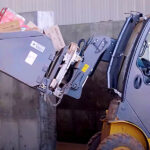Top: Foam used in fighting fires is a common source of PFAS. Photo by Dsns.gov.ua, CC BY 4.0, via Wikimedia Commons (cropped and manipulated by BioCycle)
On April 19, the U.S. Environmental Protection Agency officially designated two of the most widely used per- and polyfluoroalkyl substances (PFAS) — perfluorooctanoic acid (PFOA) and perfluorooctanesulfonic acid (PFOS), including their salts and structural isomers — as hazardous substances under the Comprehensive Environmental Response, Compensation, and Liability Act (CERCLA), also known as Superfund. The chemicals have been linked to cancers, impacts to the liver and heart, and immune and developmental damage to infants and children. These designations are designed to help ensure that polluters pay to clean up their contamination.
In addition to the final rule, EPA issued a separate CERCLA enforcement discretion policy to make clear that the agency will focus enforcement on parties who significantly contributed to the release of PFAS chemicals into the environment, including parties that have manufactured PFAS or used PFAS in the manufacturing process, federal facilities, and other industrial parties. Notes the policy, “EPA does not intend to pursue otherwise potentially responsible parties where equitable factors do not support seeking response actions or costs under CERCLA, including, but not limited to, the following entities: Community water systems and publicly owned treatment works (POTWs); Municipal separate storm sewer systems; Publicly owned/operated municipal solid waste landfills; Publicly owned airports and local fire departments; and Farms where biosolids are applied to the land.” The agency added that EPA may extend enforcement discretion under this Policy to additional parties even if they do not fall into these categories.
The US Composting Council (USCC) has been fighting for two years to have composting facilities and compost be exempted from the rule upon its adoption. “Compost was not called out in the exemption although the term ‘other entities’ was included as exempted from coverage,” states Frank Franciosi, the USCC’s executive director. “At a November 30, 2023, Compost Stakeholder meeting with the EPA’s Regional Support Division (RSD) in the Office of Site Remediation Enforcement with USCC leadership, the division’s lead attorney indicated that compost would not be included in cleanup enforcement for PFAS ‘passively received’ by compost facilities. USCC continues to ask EPA for specific listing as an exempted entity. In the meantime, we will continue to fight to be exempted through legislation to be sure composters are exempted as passive receivers.” A current bill in Congress, introduced by Sen. Cynthia Lummis, includes composting facilities as passive receivers that are exempt from CERCLA.










